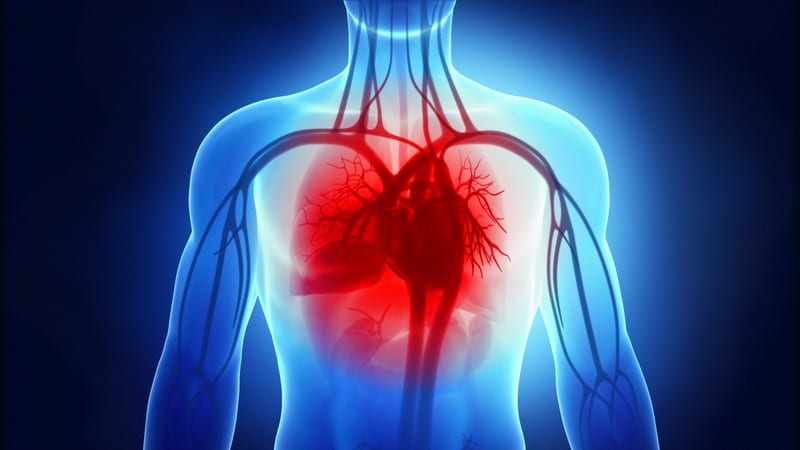Cardiomyopathy

Cardiomyopathy is a condition that affects the heart muscle and makes it more difficult for the heart to circulate blood throughout the body. Cardiomyopathy may result in heart failure. Cardiomyopathy can be classified into three primary categories: dilated, hypertrophic, and restricted.
The most common kind of cardiomyopathy is dilated cardiomyopathy. It is unknown what triggers this, which impairs the heart. It could result from earlier cardiac damage caused by medicines, infections, or heart attacks. It might also be a hereditary disorder or the outcome of unstable blood pressure.
Hypertrophic cardiomyopathy is often inherited and causes the heart muscle to thicken, while the cause of restrictive cardiomyopathy, which causes rigid heart walls, is frequently unknown. Scar tissue accumulation and an abnormal protein buildup (amyloidosis) are two potential causes.
There may be no indications or symptoms of cardiomyopathy in the early stages. However, when the illness worsens, signs and symptoms typically manifest. These include dyspnea during activity or even while at rest, swelling of the legs, ankles, and feet, bloating of the stomach due to fluid retention, a cough that worsens when lying down, and trouble lying flat to sleep.
Treatment options include prescription drugs, surgically implanted electronics, open heart surgery, or, in extreme circumstances, a heart transplant. Treatments also differ according to the kind of cardiomyopathy a patient has and how severe it is.










